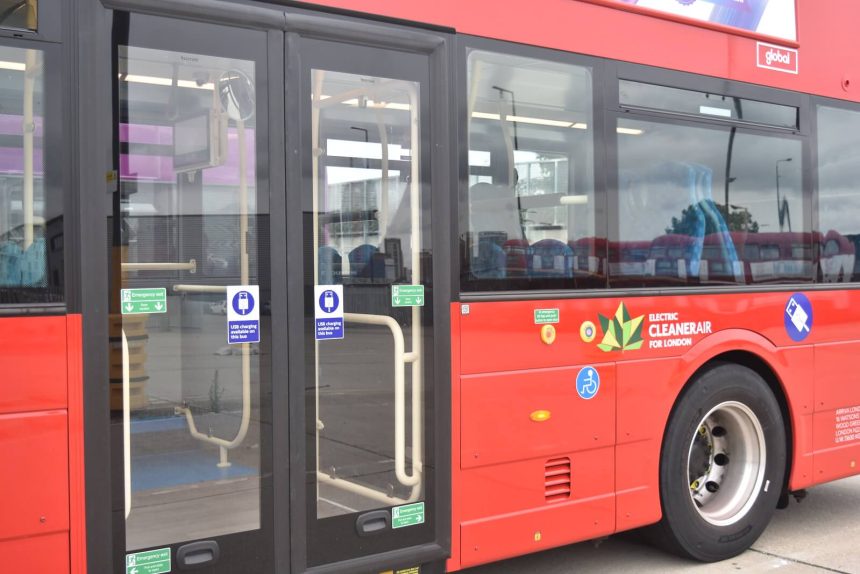The start of a new year is often a time for both reflection on the year just passed and looking forward to the year ahead. CPT’s latest Impact Statement highlights just how eventful 2023 was, once again, for the bus sector.
It saw nearly £2 billion of extra funding flow to the sector in England to support networks, fund Bus Service Improvement Plans and deliver the £2 fare cap. In Wales, CPT Cymru worked hard to secure millions of pounds through the Bus Transition Fund as well as a vital uplift to funding the concessionary fare scheme, while also navigating the early stages of the path to franchising. In Scotland, CPT co-developed and launched the national “Choose the Bus” media campaign and assumed chairmanship of the government’s Bus Patronage Growth Taskforce and Bus Decarbonisation Taskforce.
The rollout of zero-emission vehicles has continued across Britain despite a lack of clarity over an end-of-sale date for new diesel buses, and the industry has worked hard to grapple with recruitment and retention challenges.
Looking forward to 2024, it is clear that there is no time to sit back and rest on our laurels. With a general election looming, as well as numerous mayoral elections in May, CPT will continue to keep the pressure on current and future politicians to help us deliver more of the vital bus services that can revitalise local economies, keep communities connected and minimise the impact of travel on the environment.
At our conference on 18 January, we launched Driving Britain Forward, which sets out a six-point plan for the next government for buses:
- A five-year funding settlement, giving certainty and encouraging private-sector investment in new vehicles and more services;
- Targeted measures to keep fares low when the national fares cap ends, giving a helping hand to passengers who need it most;
- National and local targets to increase bus speeds, attracting more passengers and reducing operating costs;
- A new statutory, funded definition of essential bus services, giving councils clarity over the services they must provide to ensure access for everyone;
- A long-term government-industry partnership to drive the transition to zero-emission bus travel, leveraging private-sector investment and enabling a transition to a zero-emission fleet by 2035;
- A workforce strategy led by industry, supported by government, training the drivers and engineers needed to grow the industry and transition to zero-emission operation.
These priorities will help build a successful partnership between central and local government as well as the private sector. They can also be delivered whatever form of regulatory framework bus services operate under. What’s more, they maximise value for money of public funding by making the best use of private-sector investment, which in turn leads to sustainable growth.
CPT will continue to work hard for the sector throughout 2024 and beyond, with the current government and the next, to help make our shared ambitions for more buses carrying more passengers to more places a reality.

























